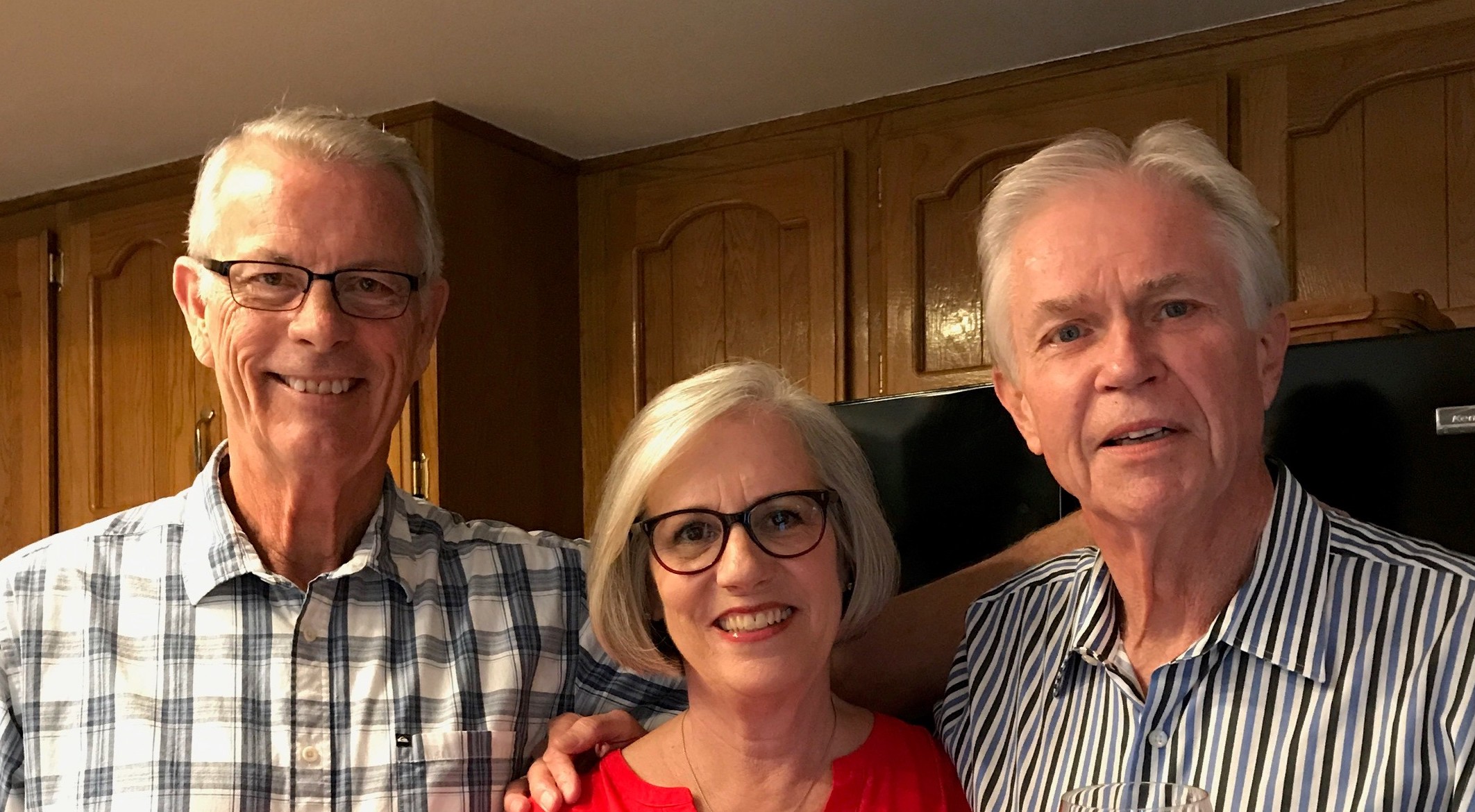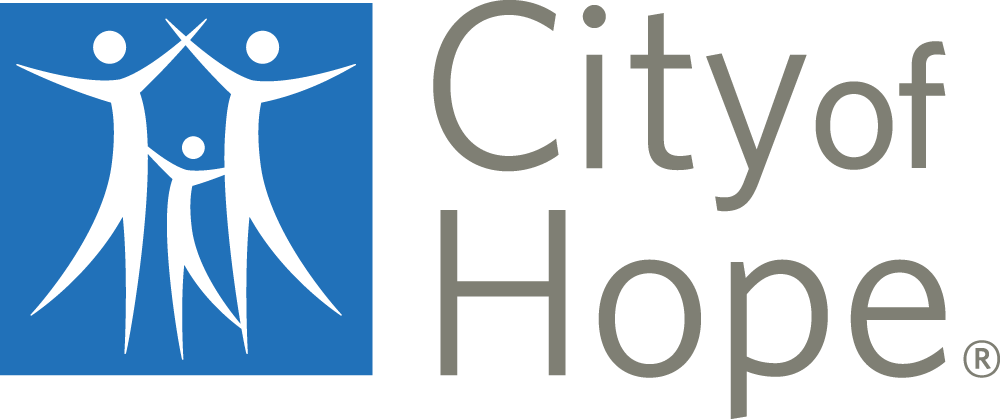
A lifetime friendship is always something special, but the friendship between Bob Elsner, John Koehler and John’s wife, K.C., is particularly remarkable. More than friends, they are family.
John and Bob met more than 67 years ago in second grade. Riding bikes, playing sports and attending school together through high school, their friendship, which later expanded to include K.C., lasted a lifetime. Bob fondly recalls the annual road trips they took to Las Vegas, fueled by K.C.’s homemade cookies.
“Bob has been part of our extended family for all of these years,” shared K.C. “Our children called him Uncle Bob as soon as they could talk and now our grandchildren do the same. He’s been involved every step of the way — he’s attended the sporting events, the plays and the graduations.” So, when John got sick, Bob and K.C. supported him together.
Unfortunately, this was not the first time either had faced cancer and their past experiences left a lasting impression.
“About 20 years ago,” says Bob, “my mother was diagnosed with lung cancer. The doctors told us she had three to six months to live and to contact hospice. Where she was treated seemed cold and uncaring. It left a lasting impression on me, not a good one. She lived six months to the day. I’ve always looked back on that experience and hoped there might be a more compassionate approach.”
Cancer came to the family again 13 years ago when K.C. was diagnosed with bladder cancer. Healthy today, the harsh nature of the treatment she endured was life-changing for her. And Bob wondered if there could ever be better treatments with fewer lasting effects.
In 2017, John was diagnosed with lung cancer. Once again, the three friends faced it together, with Bob and K.C. attending every appointment with John. “It was the three of us as we supported one another on this journey,” K.C. remembers.
After several grueling rounds of chemotherapy and immunotherapy, John’s cancer returned. Their last option seemed to be finding a clinical trial that would enroll him.
“Our doctor referred us to City of Hope,” says K.C., “and in June of 2020, the three of us went together for John to meet with Dr. Salgia. Because of the pandemic, we had to stay in the car, but could attend the consultation by speakerphone. Although he had to go in by himself, John felt very comfortable due to the welcoming and kind staff.
From the first moment, it was very clear that the doctor was concerned for John as a person. He was so compassionate. We never felt that he saw John as just another patient. While we were there for the worst of reasons, we felt supported by Dr. Salgia’s concern.”
Bob adds, “He gave us a ray of hope that we needed at the time as we looked for options. In fact, all of the staff at City of Hope went above and beyond anything we had experienced before.”
Unfortunately, Dr. Salgia’s clinical trial had already started, and he could not enroll John. “He said he would reach out to colleagues at other institutions to see if they had an available trial and get back to us,” remembers K.C., “And that’s exactly what he did in the most timely way, within a day. John was able to start the process of enrolling in a trial thanks to Dr. Salgia. We reached back out to him with questions and concerns, just looking for reassurance and he answered every single message quickly with kindness and without any sense of giving up.”
After he was assessed for the clinical trial, they discovered that the cancer had spread to John’s brain and he was not eligible to participate. They went back to Dr. Salgia to discuss other options. “John did not want another round of chemotherapy and, again, Dr. Salgia was just as supportive as before in his response. He reminded John that his quality of life mattered, and that John was in charge of the decisions. He told us to call at any time with questions, and he continued to be there for us.”
John passed away in August 2020, but the three times Bob had witnessed a loved one experience cancer helped him decide on a way to honor his friend and help others in the future. “I made the decision that I would donate most of my estate to charity,” says Bob. “Some will go to friends and my extended family, but most will go to charity. City of Hope is one that I will support with my gift. I hope my gift will be used to research other alternatives to chemotherapy that are not as devastating. I know that immunotherapy is advancing — John had both chemotherapy and immunotherapy — and perhaps that will offer a better alternative.”
My decision reflects my experiences with my mother, K.C. and John, and the way that we were treated at City of Hope. If I were to be diagnosed with cancer, I would go to City of Hope first. So, I have a place where I feel comfortable to go in the future if I have to.”
K.C. adds, “Even though John was never formally Dr. Salgia’s patient, we all felt that he was being treated as a person, not just someone with a disease. And that was what made all the difference. We are very supportive of Bob’s decision.”
